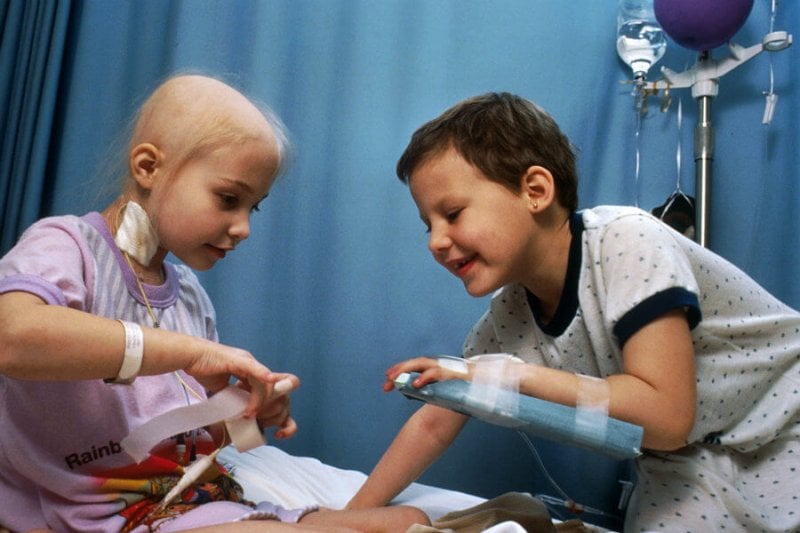For decades, researchers, some physicians, and a few patients have had visions of treatments that would go in and fix diseases at the genetic level. Last year, those dreams took on some reality as Kymriah and Yescarta became the first FDA-approved gene therapy treatments.
But there’s a catch: Are they really gene therapy?
For a long time, gene therapy has been viewed as therapy that would fix or replace a specific aberrant gene causing an inherited condition or sparking a disease.
By that definition, Kymriah and Yescarta are not, strictly speaking, gene therapy.
…
For many in the field of gene therapy, the holy grail has been gene editing, which might be thought of as gene replacement surgery
…
One major difference between gene editing and gene transfer is that gene editing is seen as a one-time treatment. If the hopes for gene editing pan out, the healthy gene will be inserted and be expressed in a normal, healthy way like it was there all along. By contrast, CAR-T treatment may not create a permanent change to the genome. There is a distinct possibility that CAR-T treatment could require a second round of treatment.
Gene editing may be considered a higher form of gene therapy, but gene transfer is crossing the FDA approval finish line sooner, a not-minor advantage.
Read full, original post: Is CAR-T Really Putting Us On Road to Gene Therapy?































